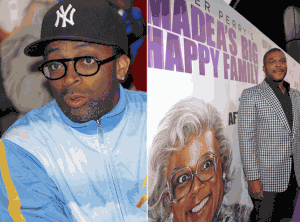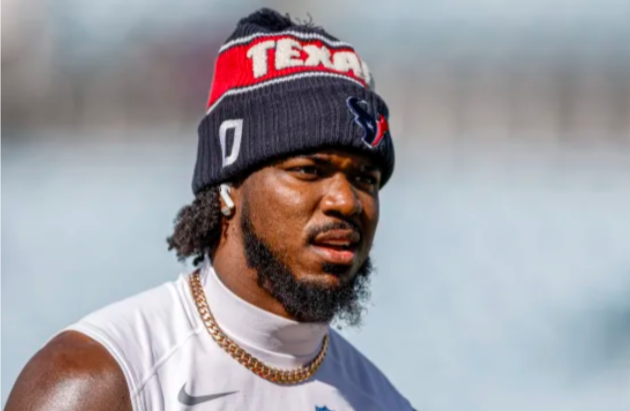(ThyBlackMan.com) Tyler Perry is the most successful black filmmaker in the history of the world. He recently said that fellow filmmaker Spike Lee, perhaps best known for shooting off his mouth, could “go straight to hell.” Well, now.
Lee does not like Perry’s films, in which he plays “Aunt Madea,” or his sitcoms, which Lee dismisses as “coonery and buffoonery.” He says that “we can do better.”
At the same time, heat is rising against the professional stereotype known to  one and all as Snoop Dogg. The unrepentant thug and pimp is being criticized for aligning himself with an irresponsible liquor company.
one and all as Snoop Dogg. The unrepentant thug and pimp is being criticized for aligning himself with an irresponsible liquor company.
Dogg has an advertising deal for selling sweet-tasting malt liquor, “Blast by Colt 45,” to the “urban market.” This is corporate code for the darkies – those touched with the tar brush of Africa, a demographic with lower extremes known neither for having taste nor any concern for such. Shovel them muck, mix in some sugar and they will consume it.
To those interested, Lee’s film “Bamboozled” (2000) showed how minstrelsy functions in contemporary stereotypes of blacks. But he surprisingly stopped short of aiming his satirical flamethrower at the extremes of hip-hop, which are far more troubling than Perry’s penchant for low comedy coupled with Christian redemption.
More serious treatment than Lee’s of the minstrel stereotype in mass media can be found in two powerful documentaries by Byron Hurt, “Hip-Hop: Beyond Beats and Rhymes,” and “Barack & Curtis,” a short that can be seen on YouTube. Both of these challenge the notion that the likes of Snoop Dogg and 50 Cent (the Curtis in the title) represent black America at its best or most authentic.
Then there is what those in the black South used to call the “gullywhumper” – technically, a kind of storm. One of these is “Losing My Cool,” by Thomas Chatterton Williams, which takes a fresh level of heat to the clowns of extreme hip-hop. Williams is deeply concerned about how many black youth, lower or middle class, are sold a vision of life dominated by intellectual airlessness and the glittering surfaces of consumerism: I buy, therefore I am. Having survived this sort of childhood, Williams knows exactly what he’s talking about.
All of these bad elements clash at the crossroads of greed, where Snoop Dogg can always be found. Back in 1994, Arsenio Hall asked Dogg on his show about “bestializing” women. “I don’t love them ‘ho’s,” the cardboard pimp answered. There it is.
Natalie Hopkinson was correct when she wrote in The Root (to which I also contribute) of the trouble with the new intoxicant being promoted by Dogg: “So in many ways, the sleaze oozing out of the new marketing campaign for the new, candy-colored malt liquor product line Blast by Colt 45 – minstrelsy courtesy of the rapper Snoop Dogg – is more of the usual, with technology making it possible for the company to reach new lows in product placement.”
Our young people, whatever their color or nationality, have largely been abandoned by our culture to fend for themselves in a society that need not impose censorship as much as it would do well to promote common sense in every way that it can.
When children are lost in the woods or the jungle, they are known as feral. If they grow up around animals, they cannot become human after a certain point because their brains have been remade to function on lower frequencies, compatible with being, say, a wolf or an ape. This is happening to American youth, but the fault is not theirs.
Written By Stanley Crouch

















Leave a Reply